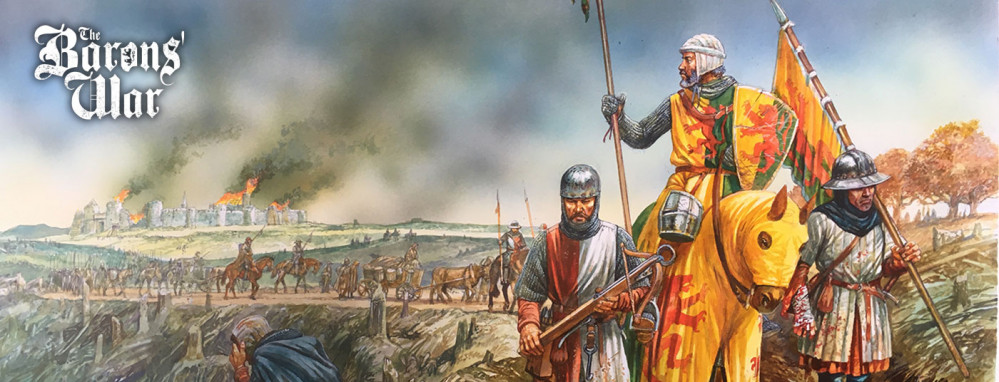
PanzerKaput Goes To Barons' War
William de Huntingfield
William de Huntingfield was another of the group of East Anglian landowners who were active in the opposition to King John. He had connections with Robert FitzWalter, the main rebel leader and one of the Twenty Five, and with another rebel, the Lincolnshire knight, Oliver de Vaux. He held seven knights’ fees of the honor of Eye in Suffolk, including the manor of Huntingfield, from which he took his name, and several knights’ fees of other baronies, including that of Lancaster.
William entered King John’s service in 1203 as temporary custodian of Dover Castle, and acted as an itinerant justice on the eastern circuit in 1208-9 and as sheriff of Norfolk and Suffolk in 1209-10. He sent knights on John’s expedition to Ireland in 1210 and served in person with the king in 1214 on his failed venture to Poitou. The signs are that by instinct and upbringing he was a natural royalist.
It is not surprising, then, that he was a latecomer to the opposition, turning against John only in 1215 and joining the rebels at their muster at Stamford in Easter that year. Like others, he may well have been moved by a sense of financial grievance, as he had offered speculative fines for favours, which had left him indebted, although John had offered some respite. After being appointed to the Twenty Five, he joined Robert FitzWalter and William de Mandeville in asserting rebel control over East Anglia and in offering assistance to Louis of France after his arrival in England. Like Richard de Montfichet, he was captured at the battle of Lincoln in May 1217, and in September two his knights came before royal agents to negotiate his ransom.
William died before October 1225, leaving as his heir his son, Roger (d. 1257), and a daughter Alice, widow of the Lincolnshire knight, Sir Richard de Solars.

















































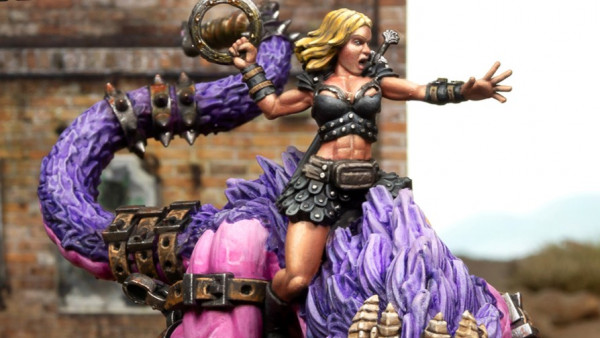
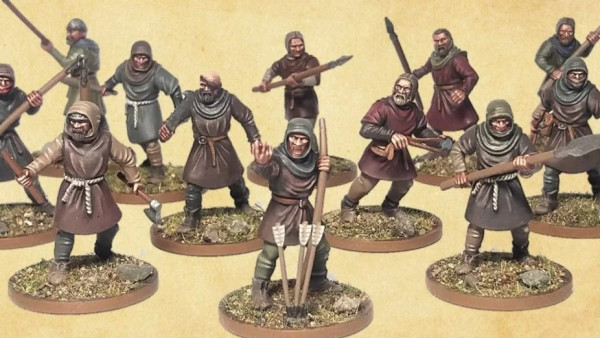




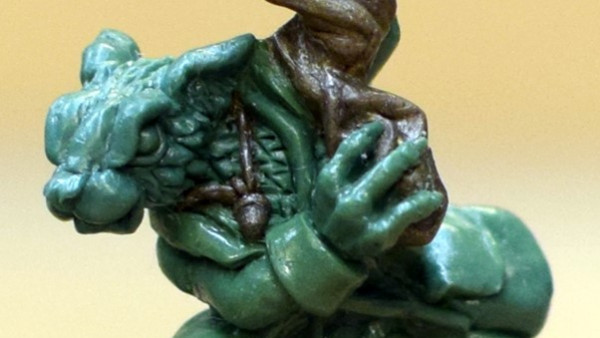





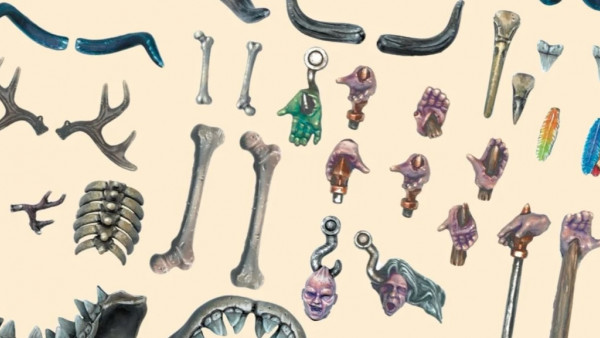






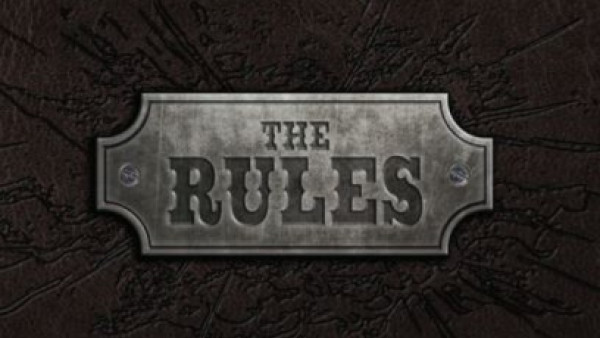


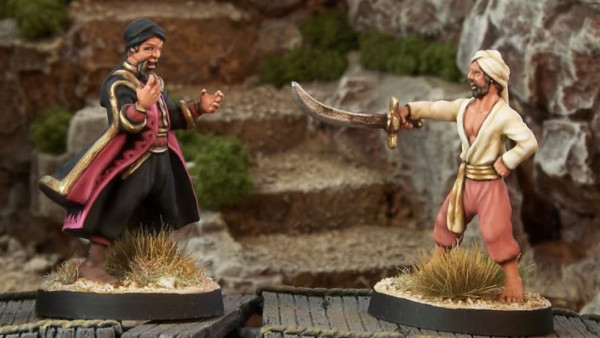



Leave a Reply